Presence of 7 women ministers in Cabinet reflects gov’t commitment towards inclusion, empowerment — activists
The Jordan Times
AMMAN — Leading women activists praised the inclusion of two female ministers in the newly reshuffled Cabinet of Prime Minister Bisher Khasawneh, bringing the total number of women serving in the Cabinet to seven, marking the second time in the Kingdom’s history.
A Royal Decree was issued on September 26, approving the 7th reshuffle of Khasawneh’s Cabinet, which included naming eight new ministers, including two women appointed to the labour and transport ministries.
This is certainly a very positive step towards more inclusion and empowerment of women, Jordanian National Commission for Women Secretary General Maha Ali told The Jordan Times.
“This reflects the commitment of the Jordanian government to enhance women's political participation and in decision-making positions, driven by the strong political will and continued support of His Majesty King Abdullah to women’s status in Jordan and advancing their roles to effectively participate in the economic and political domains,” Ali, who served in two governments as minister of industry, trade and supply, said.
“We hope to see similar steps in having an increased representation of women in decision-making positions in both public and private sectors,” she added.
Lawyer and activist Reem Abu Hassan also saw the presence of seven women ministers as “a true translation of the Constitutional amendments that were proposed by the Royal Committee for Political Modernisation, which called for the obligation of the state to empower women on the basis of equity and equal opportunity”.
“I see this as a step in the right direction hoping that at one point, we will reach in the near future what we had always called for, which is 30 per cent female representation in the public and private domain,” Abu Hassan told The Jordan Times.
Abu Hassan, who also served as minister of social development, praised the first time appointment of a woman to the labour portfolio.
“This is an important step in the right direction since it involves dealing with important matters such as unemployment and ensuring that more Jordanians are active economically,” Abu Hassan said.
“We need to celebrate because this shows that the government is moving away from the traditional stereotypical positions of women ministers.”
Arab Women Organisation Programme Director Laila Naffa described the presence of seven female ministers as a “positive step and a reflection of the government’s commitment to include more women in decision-making positions.”
“It is becoming more and more evident that the government is appointing qualified female ministers who are assuming important portfolios,” Naffa told The Jordan Times.
This, Naffa maintained, will work “towards more advancements and accomplishments for women, while at the same time reflecting positively on the younger generation and their support for women assuming decision-making positions in our society.”
President of the Jordanian Women’s Union (JWU) Amneh Zu’bi told The Jordan Times she was hopeful the “increase in the number of female ministers will help in supporting and advancing women’s rights in our society.”
Zu’bi also expressed her hopes for sustained female representation in the Cabinet.
“We hope that the increase of female ministers in Jordan will be the trend and not the exception since their appointments have fluctuated over the years with one woman only serving in one of the previous governments,” Zu’bi said.
The JWU president added that it would be “more satisfying and of extreme importance to see qualified women serving in sensitive ministries and not only the ones offering services.”
In June 2018, the Kingdom made history when seven women were named, for the first time, in the 29-strong Cabinet of former prime minister Omar Razzaz.
Latest News
-
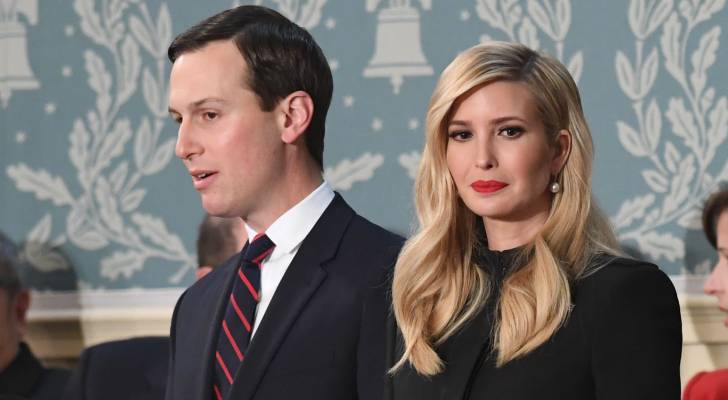 Kushner advises on Saudi normalization in behind-the-scenes role: Hebrew media
Kushner advises on Saudi normalization in behind-the-scenes role: Hebrew media
-
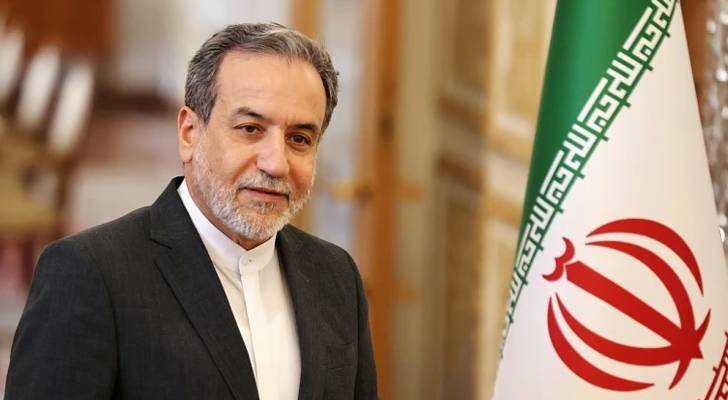 Iran top diplomat to visit Saudi, Qatar before Trump tour
Iran top diplomat to visit Saudi, Qatar before Trump tour
-
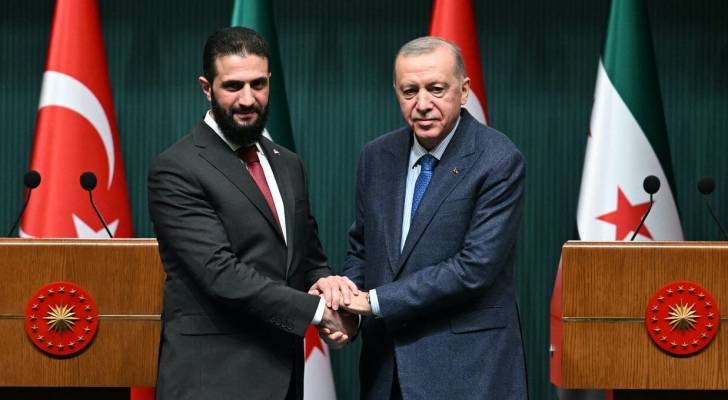 Damascus, Ankara agree natural gas deal for Syria
Damascus, Ankara agree natural gas deal for Syria
-
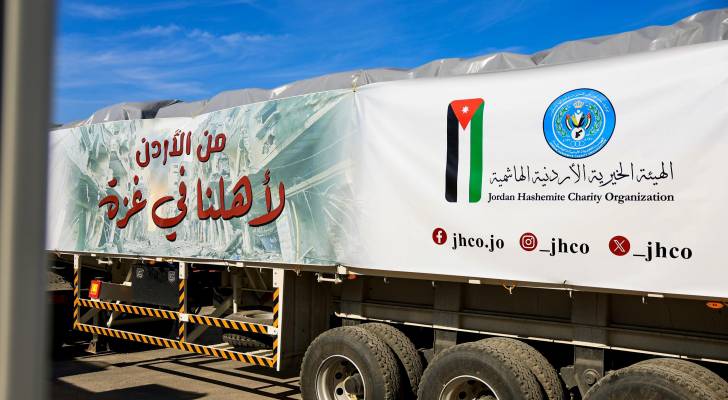 Malaysian NGO defends Jordan's role in Gaza humanitarian efforts
Malaysian NGO defends Jordan's role in Gaza humanitarian efforts
-
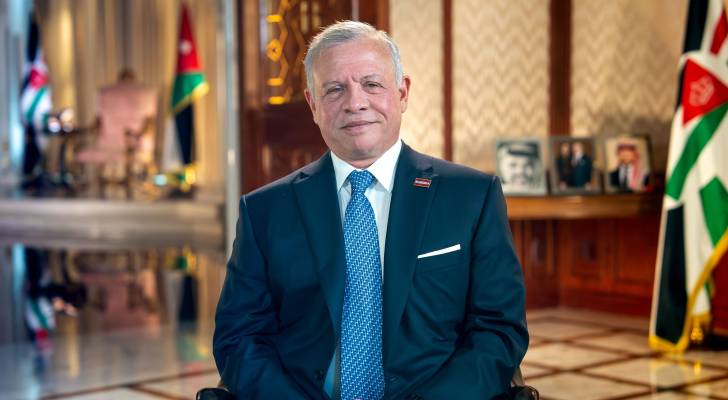 King congratulates Pope Leo XIV on his election
King congratulates Pope Leo XIV on his election